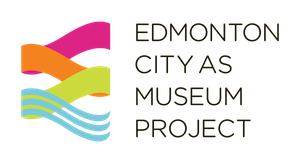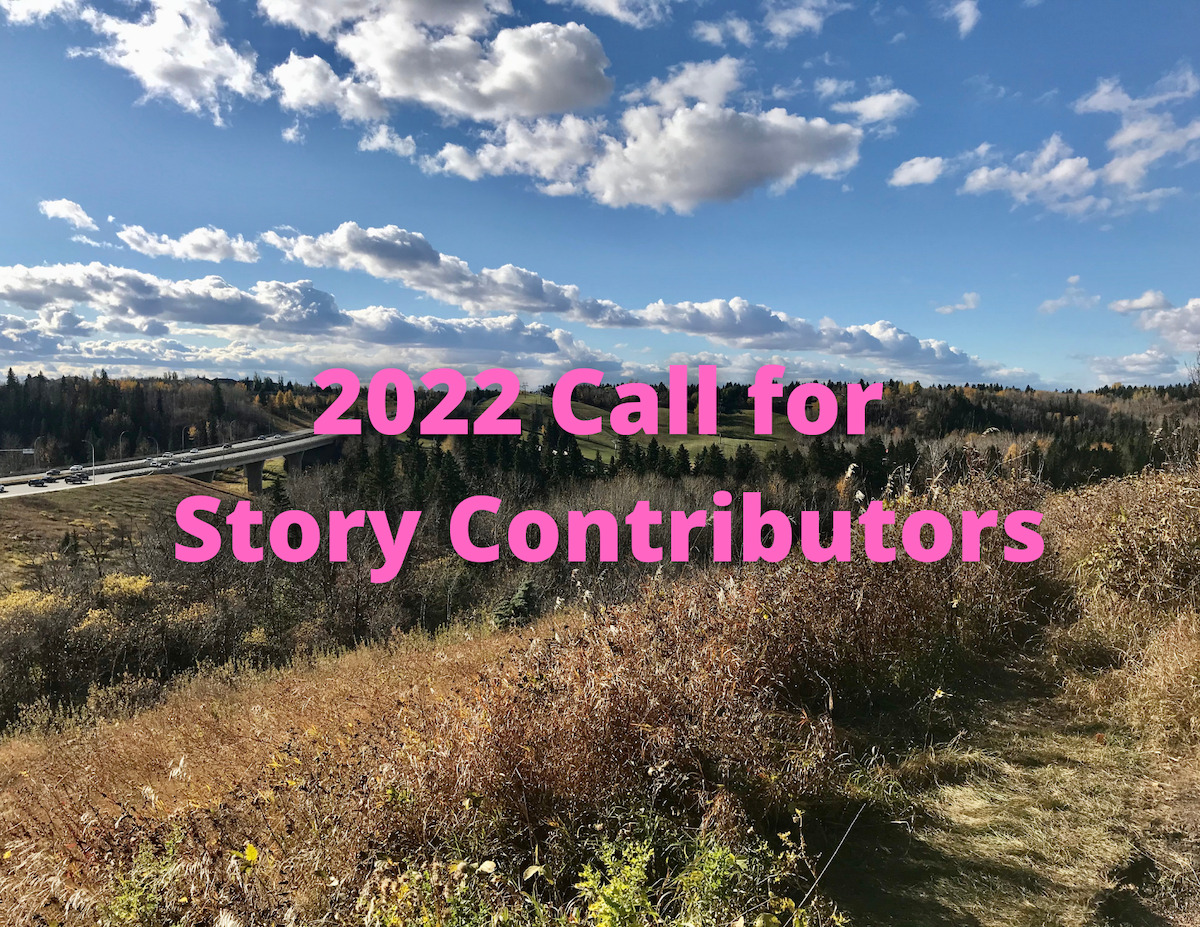Are you interested in the history of this place? Do you enjoy writing, researching, or storytelling? Is there a story from our city’s past or your past in the city that you want to share? Then contribute your local history or heritage story to the Edmonton City as Museum Project (ECAMP).
ECAMP is an initiative of the Edmonton Heritage Council that explores our city’s history & heritage through story. For 2022, ECAMP is soliciting new stories for our online collection. Stories will be published on the ECAMP website from January through June 2022. Story contributors will be paid for their work.
For 2022 priority will be given to stories and story contributors historically excluded from representations of Edmonton’s past, such as Indigenous and racialized peoples, members of the 2SLGBTQIA+ community, & later twentieth-century newcomers.
What kinds of stories?
ECAMP shares stories about the People, Places, Things, & Moments significant to the history of Edmonton & Edmontonians, such as:
- Judi Singh: A Black & South Asian musician from 1950s-70s Edmonton
- Ah-Yin’s Chinese Persons’ Street or Amy’s Chinatown
- The Curious Case of the 1908 Enoch Surrender
- Womonspace: Creating Space for Edmonton’s Lesbian Community in the 1980s
- McKernan’s Lost Lake
For 2022, ECAMP is particularly interested in stories that explore:
- Stories of migration: A city is made of its people, and many Edmontonians came to our city from somewhere else. Stories of migration and community building are essential to the story of Edmonton.
- Indigenous perspectives on the history of this place; stories of resurgence, revival, and resilience; stories that challenge the historical narrative of this place.
- Neighbourhood histories; the story behind named places like parks, schools, and roadways, the histories of places you pass every day in your community, or what existed & persisted neighbourhood development.
Those interested in contributing to ECAMP may submit a pitch for up to 5 stories relevant to the Edmonton’s history and cultural heritage. The ECAMP Curator is available to help develop story ideas and provide advice throughout the process. Do not hesitate to reach out.
Who can contribute to ECAMP?
ECAMP explores the multifaceted history & cultural heritage of Edmonton from the perspective of Edmontonians. Anyone with an interest or experience in writing, researching, storytelling, history or cultural heritage is encouraged to contribute. We welcome both seasoned and emerging writers & researchers.
What are the expectations?
ECAMP stories are between 1200- 1700 words. Stories can be one-off articles or a series of posts exploring a single topic or theme.
The development of a new ECAMP story is a dynamic process. Prior to publication, stories will be reviewed by the ECAMP Team and an Editor who will make suggestions.
Each story includes at least five images, including a large, eye-catching header image. Photos may be personal photos, or they can be archival photos from museums and archives. ECAMP will cover any fees for archival images. Stories may also contain embedded audio and video content from the Internet, as long as story contributors have written permission.
Payment
Payment takes place after the final draft has been submitted to the ECAMP Team at a rate of $625 per story.
How to Apply
Applications can be submitted between September 15 and October 15, 2021 at 11:59 PM. ECAMP accepts applications in a variety of formats (written submissions, audio or video recordings, or virtual meetings.) Written submissions should be 1-3 pages in length and submitted as a single PDF. Recorded or virtual “in-person” submissions should be between 10-15 minutes in length.
Applications should include:
- Your contact information (email address, mailing address, & phone number);
- A brief description of your writing, researching, or storytelling experience;
- A description of why you are the best person to tell this ECAMP story;
- A brief description of the stories you would like to share relevant to the history & cultural heritage of this place, for example:
- Nellie Mildred Carlson – a founding member and first president of Indian Rights for Indian Women, fought the federal government so that Indigenous women who married non-status Indian men could retain their First Nations status.
- A description of why this story is important to the history of this place.
To submit an application, schedule a virtual “in-person” submission, or to ask a question, please contact the ECAMP Team.
Project Contact
Elyse Abma-Bouma, Edmonton Heritage Council Programs Assistant
E: programs@edmontonheritage.ca
T: 780-429-0166 ext. 229
Download a copy of the 2022 Call for Story Contributors.
https://citymuseumedmonton.ca/wp-content/uploads/ECAMP_CallForContributors_2022.pdf

